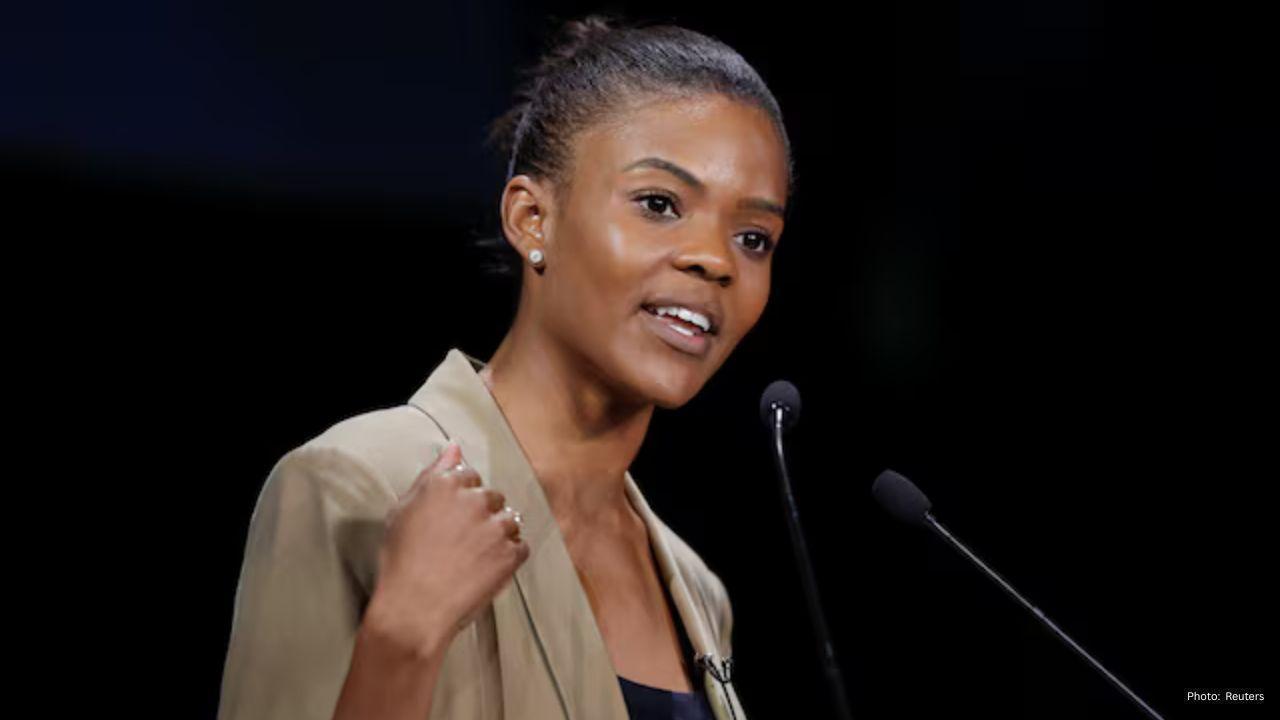
Post by : Saif Ali Khan
Candace Owens, a well-known far-right U.S. political commentator and social media influencer, has lost her fight to enter Australia. The country’s highest court ruled on Wednesday that the government was right to deny her visa because her speeches and online behavior could cause division among Australians.
Owens, famous for her controversial conservative views, had planned to visit Australia for a speaking tour in November 2024. However, her visa application was rejected by Australia’s Home Affairs Minister, Tony Burke, in October last year. The minister said she had made several “extremist and offensive” comments that could threaten peace and unity in the country.
Government Says Owens Could Cause Discord
Minister Tony Burke explained that Owens had previously downplayed the Holocaust and made Islamophobic remarks. He said such views were “against Australia’s national interest” and could encourage hate or tension between communities.
“Inciting discord might be the way some people make money, but it’s not welcome in Australia,” Burke said in a statement after the court decision. “Australia’s national interest is best served when Candace Owens is somewhere else.”
Burke used his legal powers under Australia’s Migration Act, which allows him to refuse visas to individuals who fail the “character test.” According to the government, Owens’ public record showed a pattern of “inflammatory and extremist” statements targeting Muslims, Jews, Black people, LGBTQIA+ communities, and women.
Owens Takes Case to High Court
Candace Owens appealed the decision to the High Court of Australia, arguing that the government’s refusal violated her right to political expression. She claimed that the visa denial limited her ability to share her opinions and that it unfairly restricted free speech.
However, the High Court disagreed. In a unanimous ruling, all seven judges sided with the government and confirmed that Australia had the legal right to deny Owens entry.
Court Says Freedom of Speech Is Not Absolute
The judges explained that, unlike the United States, Australia does not have a written constitutional right to free speech. Instead, the country recognizes an implied freedom of political communication—a limited principle that allows people to discuss political matters but does not protect harmful or hateful speech.
“The implied freedom is not a personal right, is not unlimited, and is not absolute,” the judges wrote in their joint decision. They said that the Migration Act was meant to protect Australians from visitors who might “stir up or encourage strife on political matters.”
Judge James Edelman added in a separate judgment that Owens’ views were well-documented and that her behavior clearly showed she could incite conflict among different social groups. He concluded that her legal arguments should be “emphatically rejected.”
The court also ordered Owens to pay the government’s legal costs, marking the end of her case.
Background on Owens’ Controversies
Candace Owens, 36, rose to fame as a vocal supporter of former U.S. President Donald Trump and the conservative movement in the United States. She often criticizes liberal politics, feminism, and movements like Black Lives Matter.
However, her statements have often sparked outrage. She has been accused of spreading misinformation about COVID-19 vaccines, promoting anti-Islamic rhetoric, and questioning the severity of the Holocaust.
These controversies have earned her millions of followers online but have also led to strong criticism from human rights groups and social activists. Many of her critics argue that her words encourage hatred and division rather than open debate.
Australia’s Firm Stance on Hate Speech
Australia has strict rules about who can enter the country. Under the Migration Act, the government can deny a visa to anyone whose past actions or statements suggest they might cause public disorder, discrimination, or violence.
In recent years, several public figures have been banned from entering Australia for similar reasons. Authorities say that maintaining social harmony and protecting communities from hate speech are top priorities.
Burke said the decision to keep Owens out was meant to protect the country’s “social cohesion.” He added that Australia welcomes open discussion and debate, but not comments that can spread hatred.
Public Reaction
Public opinion in Australia has been divided. Some people praised the government for standing up against hate speech and protecting minorities. Others argued that the decision could limit free expression and create a dangerous precedent.
However, most observers believe the court’s judgment sends a clear message: free speech cannot be used as a cover for discrimination or hate.
A Lesson in Responsibility
The case highlights an important issue—how far freedom of speech should go and when it becomes harmful. The Australian High Court made it clear that rights come with responsibilities, especially for public figures with large audiences.
For Candace Owens, the ruling means her speaking tour is officially canceled, and she is banned from entering Australia. For the Australian government, it is a legal victory that reinforces its power to protect social unity against divisive voices.
#trending #latest #CandaceOwens #AustraliaVisaBan #FreeSpeechDebate #AustraliaNews #MiddleEastBulletin #CourtRuling #SocialCohesion #HumanRights #MigrationAct #GlobalPolitics

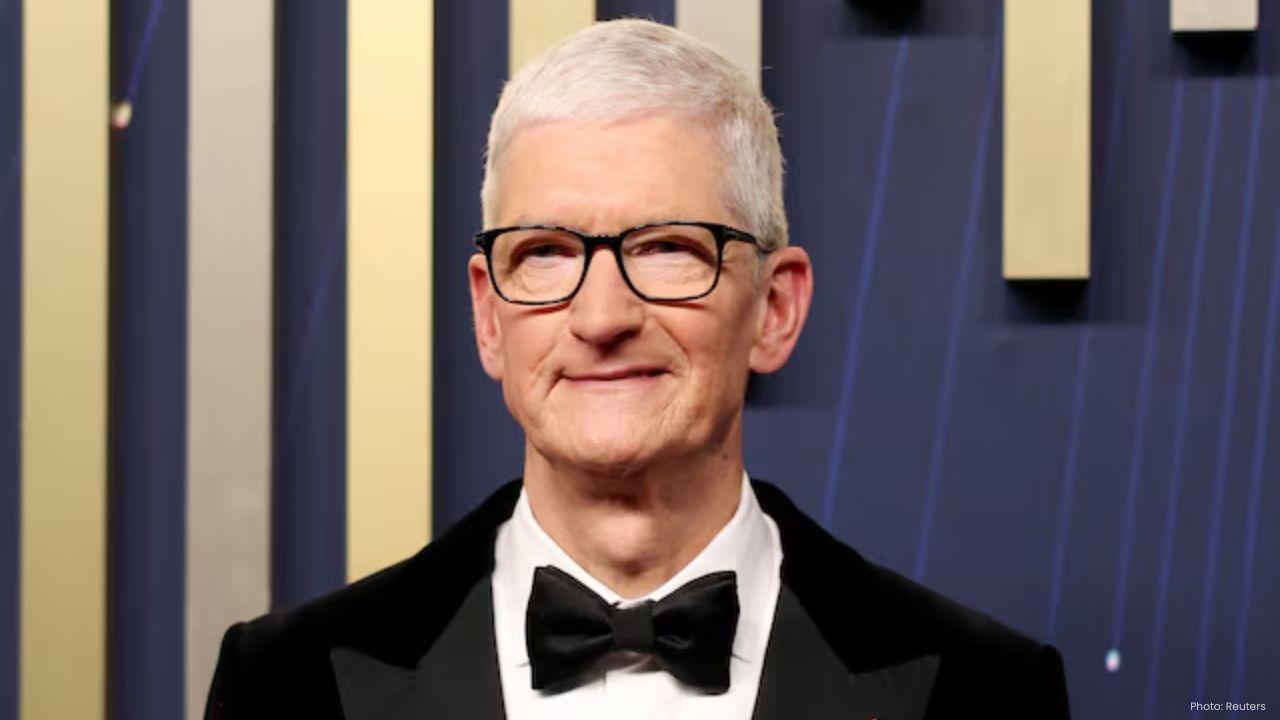


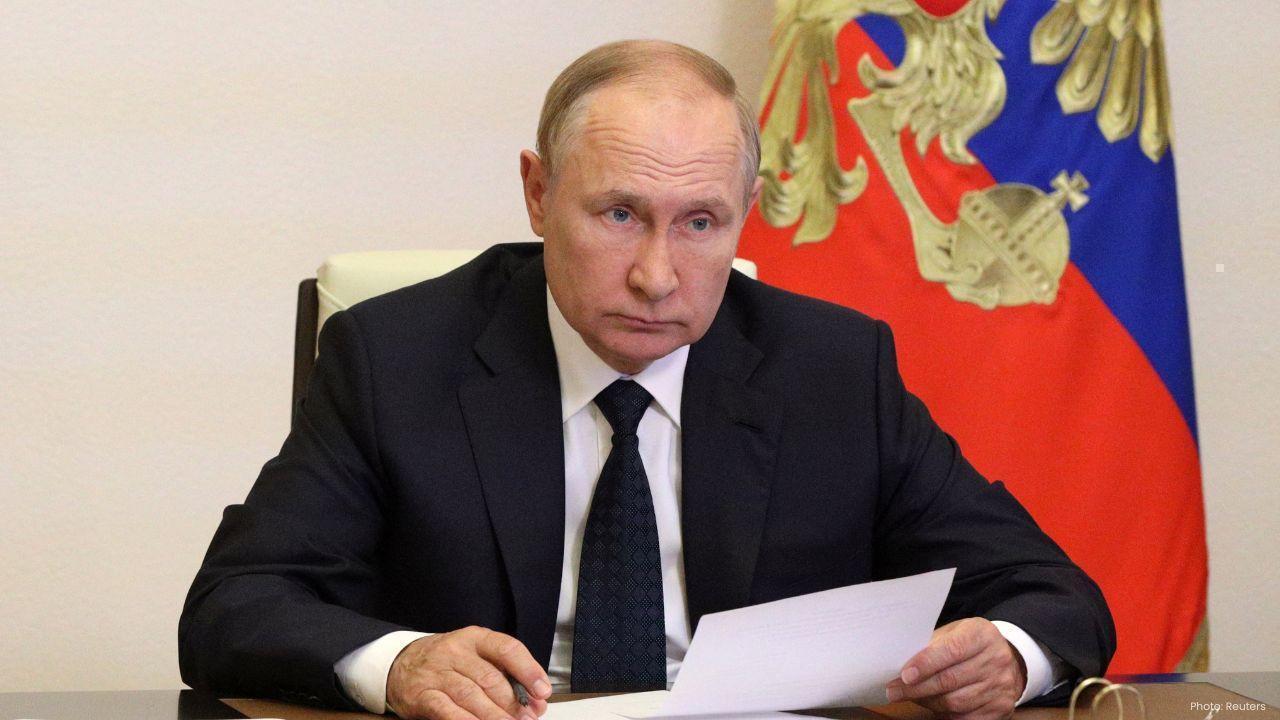


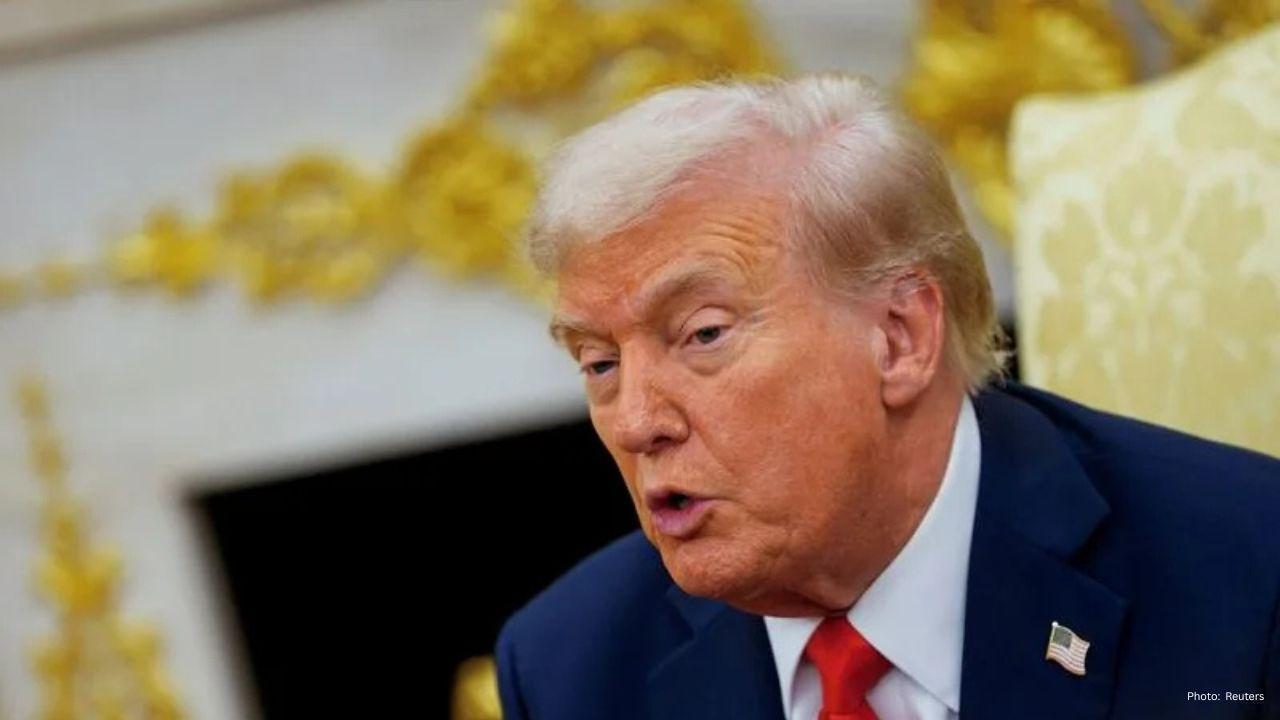


Lazio Denies Qatari Sale Rumors, Files Legal Complaints
Lazio refutes online claims of Qatari takeover talks, files reports with Italian regulators and judi
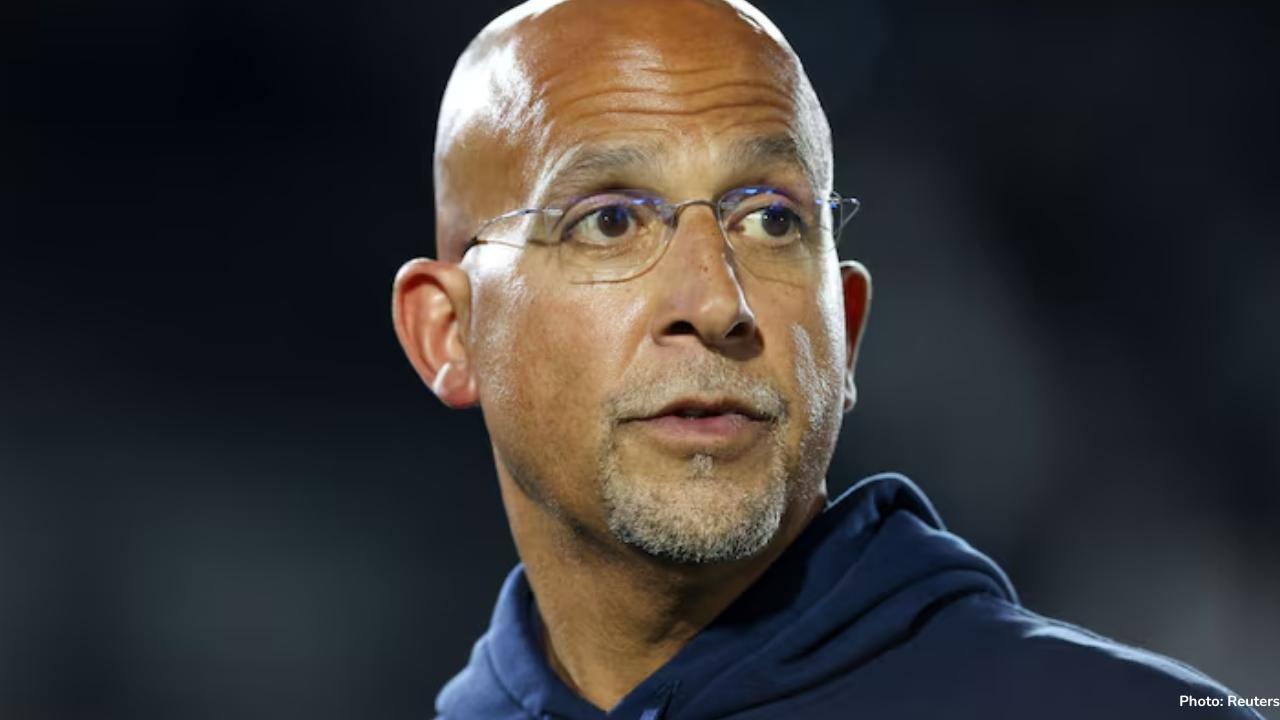
Penn State Fires Coach Franklin After Third Straight Loss
Penn State parts ways with James Franklin after 3 conference defeats, naming Terry Smith as interim

Denmark Beats Greece 3-1 to Stay Top in Qualifiers
Denmark wins 3-1 at home over Greece, keeps unbeaten record, and stays ahead of Scotland in Group C

Panthers Edge Cowboys 30-27 with Dowdle’s Big Game
Rico Dowdle dominates former team with 239 total yards as Panthers win 30-27 over Cowboys by last-se

Mariners Beat Blue Jays 3-1 to Win ALCS Game 1
Seattle shuts down Toronto’s bats and wins Game 1 of the ALCS 3-1, with strong pitching and timely h

Dutch Government Seizes Control of China-Owned Chipmaker Nexperia
The Netherlands government steps in over governance risks at Nexperia, suspends its Chinese parent’s